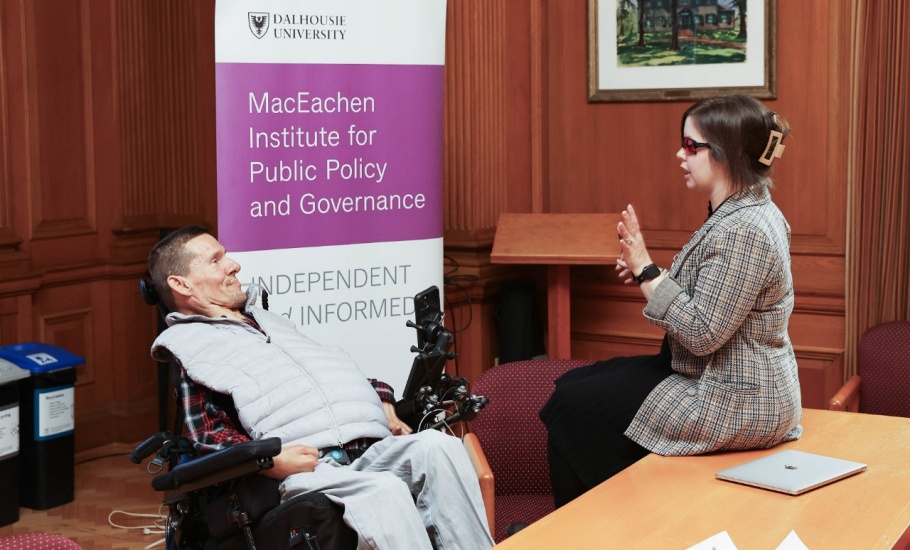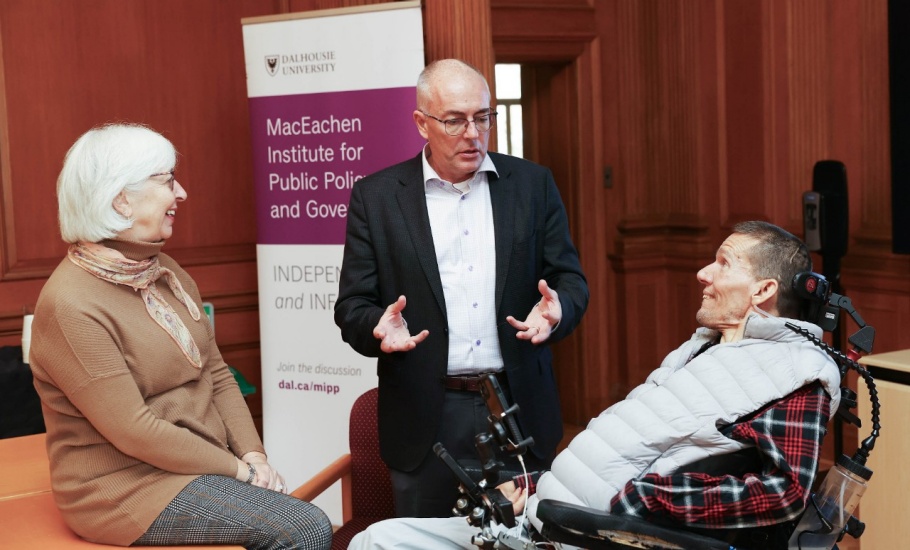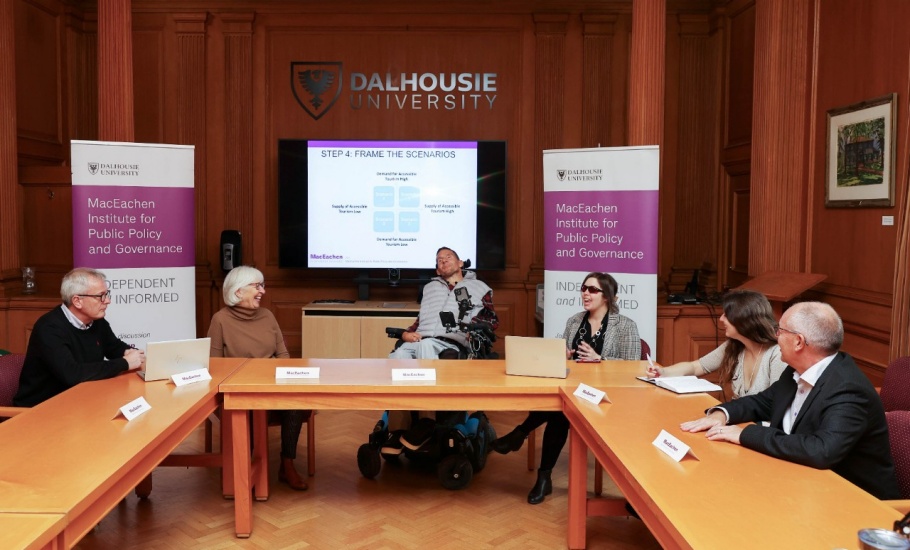Accessible Tourism
Accessible Tourism for People with Disabilities
Since 2020, the MacEachen Institute has been engaged in research activities focused on improving the accessibility of tourism for people with disabilities. The project is a partnership between the University of Strathclyde in Glasgow, Scotland, and includes eight academic partners from five institutions. It uses scenario planning to explore how the tourism industry could adapt to better accommodate the needs of people with disabilities.
Learn more about the project here.
Read more about scenario planning here.
Briefing Note
Read recommendations for improving the accessibility of the tourism industry in Nova Scotia, developed as a result of the Halifax scenario sessions. Please note that these findings are ongoing.
- The Future of Tourism for People with Disabilities - Microsoft Word [291 kB]
- The Future of Tourism for People with Disabilities - PDF [355 kB]
We welcome comments from community members and plan to revisit these recommendations to reflect ongoing feedback.
If you have comments or questions about the recommendations put forth in the briefing note, please contact Emily Truesdale, Communications Officer at emily.truesdale@dal.ca
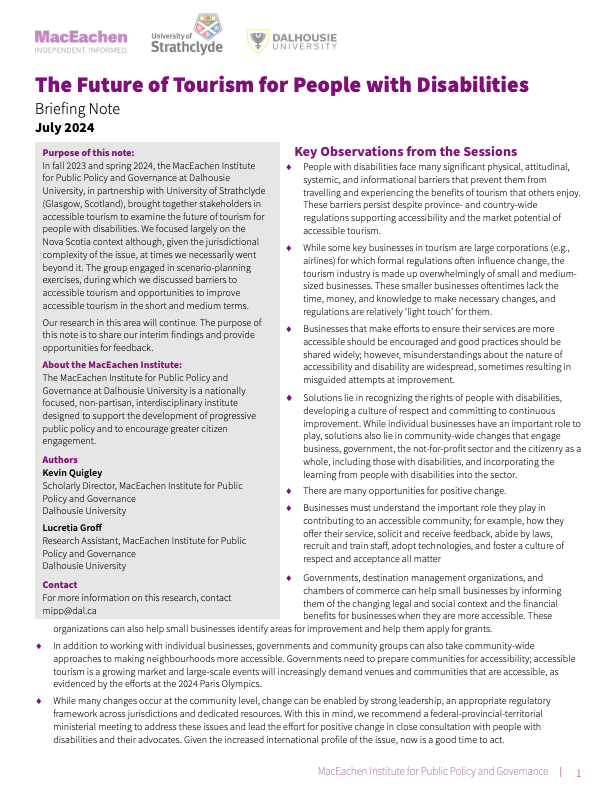
Research Profiles
Meet some of the researchers and participants collaborating on this project.
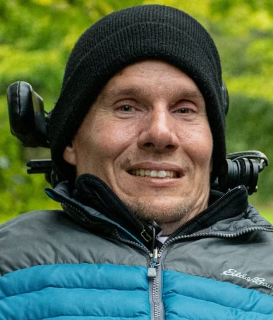
Kevin Penny
Research Participant
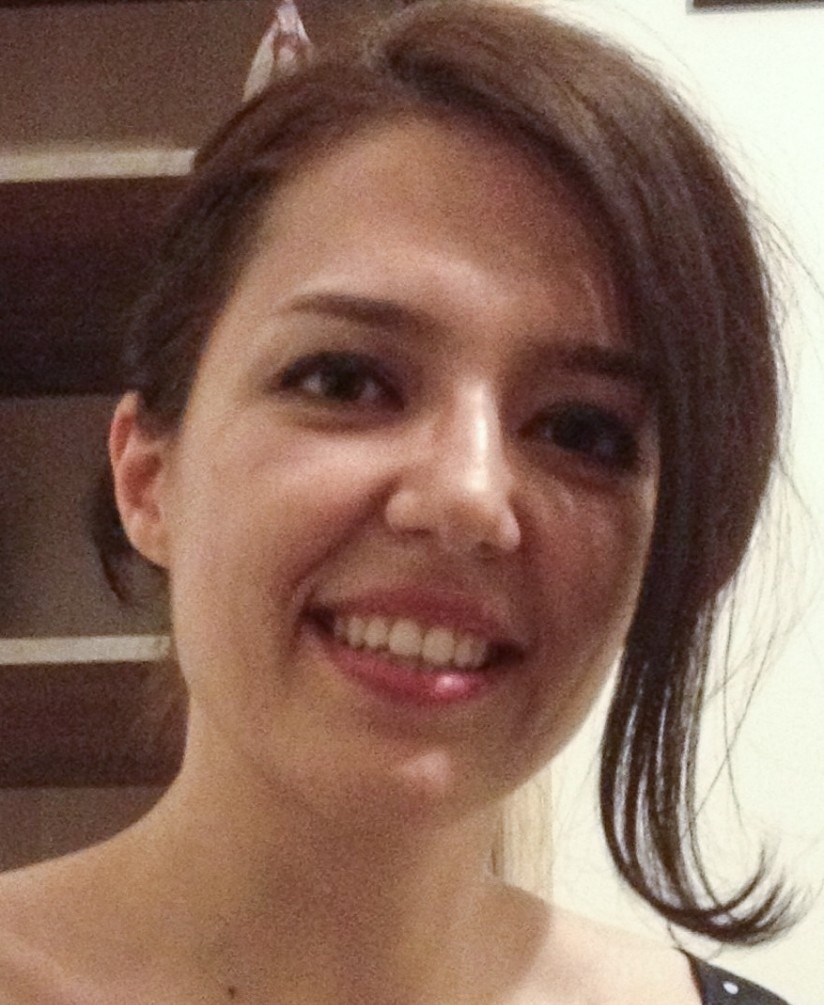
Niloufar Arabi
Researcher
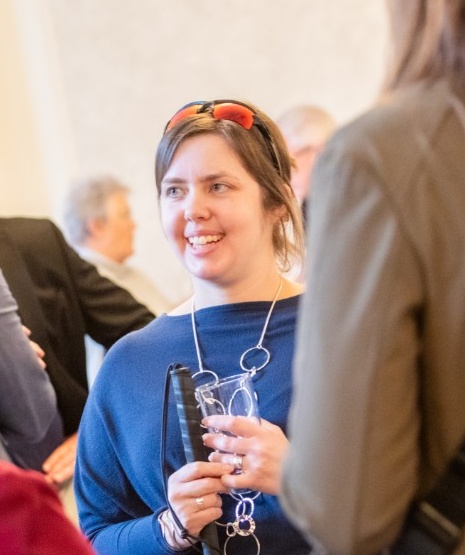
Tara Niekamp
Research Participant
The scenario sessions, hosted by the MacEachen Institute at Dalhousie University, brought together 25 stakeholders from the tourism industry, disability advocacy organizations, and government, many with lived experience. Participants reflected a wide array of views and experiences, and developed policy responses for several imagined futures.
Session 1
The first session, hosted virtually, took place on Sept. 27, 2023, consisted of brief overviews of the economic impact of the tourism sector and its challenges and opportunities, and understanding disability and accessibility in the context of tourism. This session also reviewed the scenario planning process and the goals and timeline for the project.
Sessions 2 and 3
The second and third sessions were hybrid and hosted by the MacEachen Institute at Dalhousie University in Halifax, N.S. In these sessions, participants met for two consecutive days of scenario planning. The sessions, facilitated by the Institute's Scholarly Director Dr. Kevin Quigley, walked participants through four imagined scenarios of what accessibility could look like for the future of the tourism industry. During this discussion, note takers recorded what was said for future review.
Session 4
The fourth and final session was hosted virtually and focused on developing recommendations for the tourism industry based on the findings of the previous scenario sessions. These recommendations were published in a briefing note.

